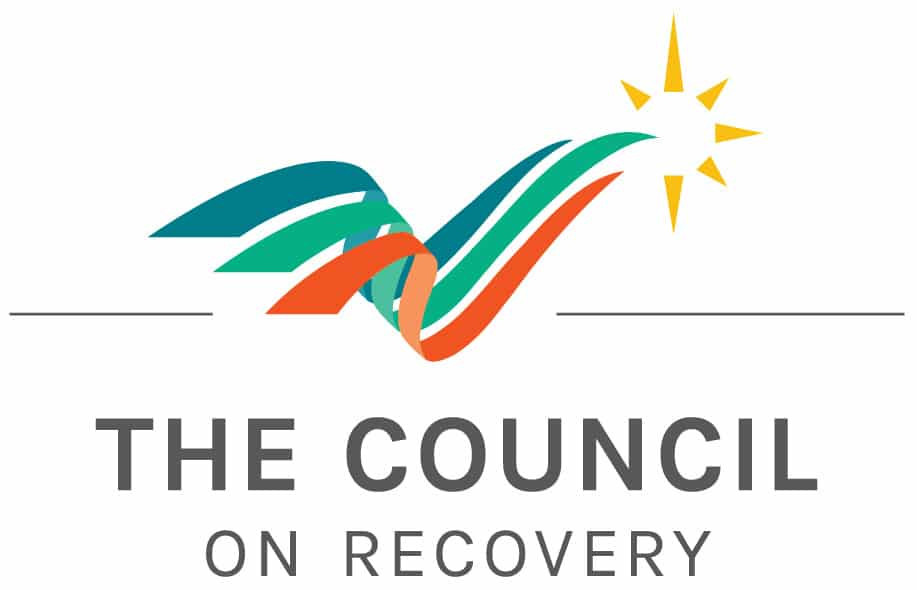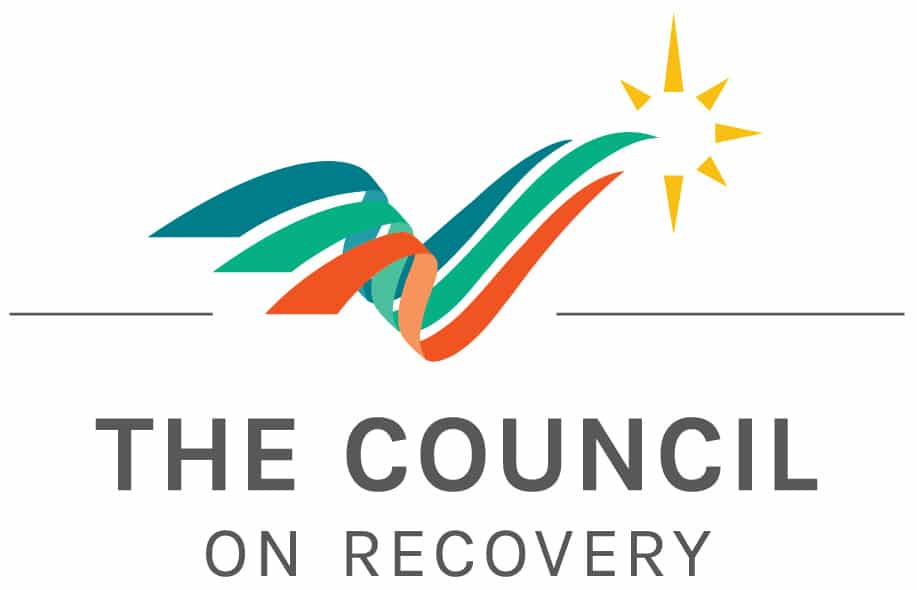Substance abuse treatment programs are often classified as either inpatient or outpatient. While both types are concerned with rehabilitation, each has its own set of characteristics and benefits to provide. Inpatient treatment programs, often referred to as residential treatment programs, are usually designed to address significant substance use disorders and addictions. Outpatient treatment, on the other hand, is a part-time program that allows flexibility so that you can attend treatment without having to miss work, school, or other significant commitments. If you are interested in the Council on Recovery’s IOP in Houston, TX, keep reading to learn how to get started.
Consider Which Treatment Program Is Right
Before making a decision, it is critical that both the individual with a substance use disorder (SUD) and their loved ones truly understand the differences, benefits, and disadvantages of each program. Exploring all possibilities before making a decision can assist an individual or a loved one in achieving long-term sobriety.
Intensive Outpatient Treatment Programs
Outpatient treatment is often regarded as less restrictive than other inpatient treatments. Outpatient treatment programs are classified into two types: partial hospitalization and IOP or intensive outpatient. Each level is usually added after residential treatment or if a behavioral health specialist determines it is the best place to start.
The most significant and intensive type of outpatient treatment is partial hospitalization programming (PHP), which focuses on stabilizing habits in early recovery. Most residential programs feature a PHP, to which patients frequently transition if they live nearby. PHP programs typically consist of 5–6 hours of treatment per day, or 5–6 days per week. Because residential therapy can be time-intensive, this level of care is frequently provided while not working.
IOP is a step down from PHP, where patients begin to return to their everyday lives by attending services for 3 hours of therapy per day, 3-5 days per week. This provides more independence for work and life demands and the opportunity to acclimate to life in a supportive environment.
These sessions emphasize relapse prevention, psychoeducation, therapy, and the teaching of recovery skills in order to reduce recurrence and promote long-term recovery. Outpatient treatment can be a good option for someone who has a mild disorder, and it can be part of a longer-term treatment plan. Outpatient rehab can last anywhere from 3 to 6 months, equivalent to inpatient treatment, but can extend much longer in severe cases.
Obtain Long-Term Recovery with The Council on Recovery’s Intensive Outpatient Program
Unlike residential treatment programs, which involve staying the night at the treatment facility, The Council on Recovery offers an intensive outpatient treatment program, which allows you to go about your normal daily activities while still receiving the assistance you require. They work with your schedule to accommodate your situation, whether you work, have school, or perform childcare duties. Outpatient treatment is especially beneficial if you have already completed inpatient or residential treatment or are currently on the road to recovery since it allows you to gradually return to your life while remaining sober.
Call today to speak with someone about IOP in Houston, TX, and schedule your visit. You’ll be on the road to a healthier you if you find the right track and stick with it. Let The Council on Recovery help you.


